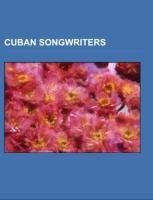
Cuban songwriters
Source: Wikipedia. Pages: 29. Chapters: Arsenio Rodríguez, Carlos Puebla, Celina González, César Pedroso, Compay Segundo, Eduardo Sánchez de Fuentes, Faustino Oramas, Filin, Francisco Céspedes, Frank Delgado (Cuban songwriter), German Nogueira Gomez, Germán... Viac o knihe
Produkt je dočasne nedostupný
14.52 €
bežná cena: 16.50 €
O knihe
Source: Wikipedia. Pages: 29. Chapters: Arsenio Rodríguez, Carlos Puebla, Celina González, César Pedroso, Compay Segundo, Eduardo Sánchez de Fuentes, Faustino Oramas, Filin, Francisco Céspedes, Frank Delgado (Cuban songwriter), German Nogueira Gomez, Germán Pedro Ibáñez, Guillermo Portabales, Harold Lopez Nussa, Jon Secada, Joseíto Fernández, La Lupe, La Palabra (musician), Mike Porcel, Nueva trova, Oscar Hernández Falcón, Pachy Lopez, Rudy Pérez, Tony Medina. Excerpt: Arsenio Rodríguez (born Ignacio Arsenio Travieso Scull, Güira de Macurije, 31 August 1911 - Los Angeles, 31 December 1970) was a Cuban musician, composer and bandleader. He played the tres (Cuban string instrument) in son-based music and tumbadora, or conga, in folkloric rumba. In the 1940s and 50s Rodríguez reorganized the son conjunto ('son group') and developed the son montuno, the basic template of modern-day salsa. He claimed to be the true creator of the mambo and was an important as well as a prolific composer who wrote nearly two hundred song lyrics. Rodríguez was born in Güira de Macurije in Bolondrón, Matanzas Province as the third of fifteen children, fourteen boys and one girl. As a young child, Rodríguez was blinded when a horse (or a mule) kicked him in the head. Later, Rodríguez became a musician, and eventually became one of the most renowned bandleaders on the island earning him the nickname El Ciego Maravilloso (the Marvellous Blind Man). His music emphasized Afro-Cuban rhythm as well as the melodic lead of the tres, which he played. In 1936 he played his own compositions with the Sexteto Boston, led by his cousin Jacinto Scull. The group disbanded in 1937, and he joined the Septeto Bellamar of cornetist José Interián in 1938. In 1939, he recorded with Orquesta Casino de la Playa, the esteemed sonero Miguelito Valdés on lead vocals, the tune "Se va el caramelero", taking an incredible solo on the tres. This was his first recording. From 1940 to 1947 he led one of the most important bands in Cuba, Arsenio Rodríguez y Su Conjunto Todos Estrellas. Rodríguez then went to New York where he hoped to get cured of his blindness but was told that his optic nerves had been completely destroyed. This experience led him to compose the bolero La Vida es un Sueño (Life is a dream). He went on to play with percussionist/composer Luciano "Chano" Pozo and other great musical artists of what inaccurately became known as Latin Jazz, artists such as Machito, Dizzy Gil
- Vydavateľstvo: Books LLC, Reference Series
- Formát: Paperback
- Jazyk:
- ISBN: 9781155767208

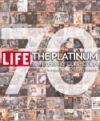
 Anglický jazyk
Anglický jazyk 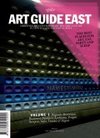
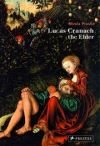
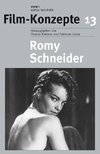
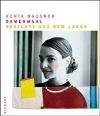

 Ruský jazyk
Ruský jazyk 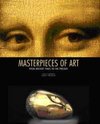
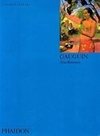
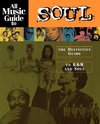
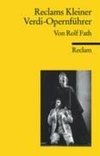
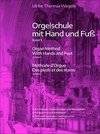
 Nemecký jazyk
Nemecký jazyk 